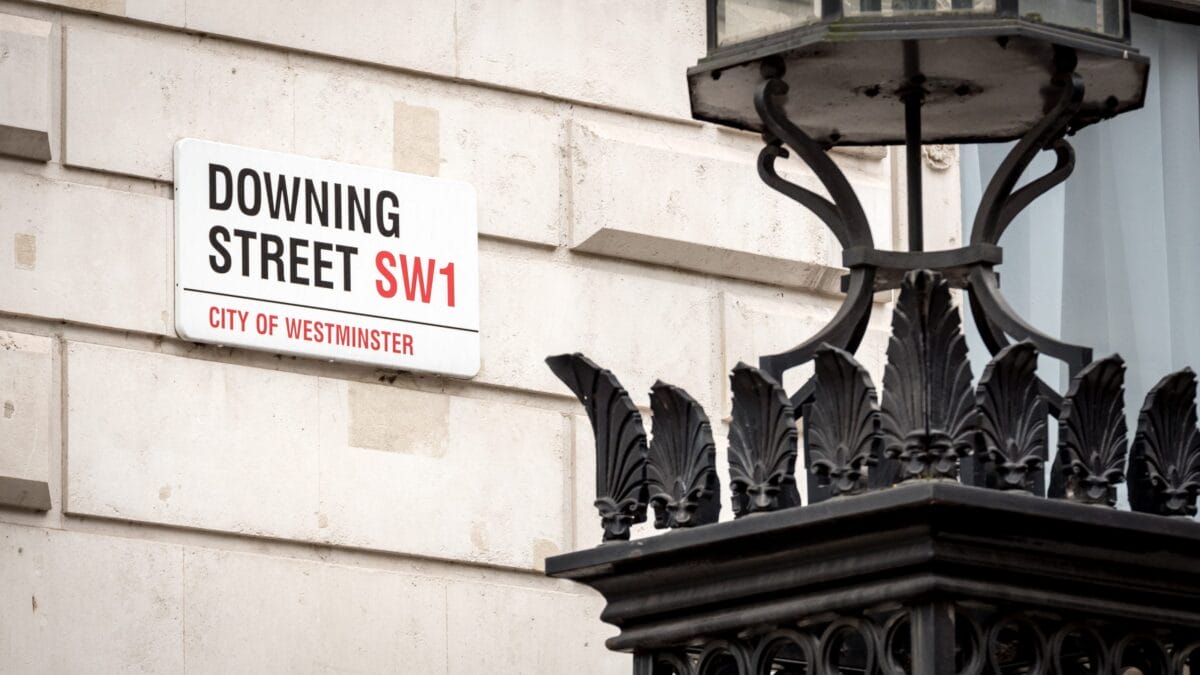- Aegon calls for Rishi Sunak and Sir Keir Starmer to give ‘absolute clarity’ on pension policy – including the State Pension Triple Lock and funding of Social Care – ahead of the general election.
- July election means delays to DWP Pension transfer regulations, advice limit for safeguarded benefits and multi-employer CDC.
- FCA Value for Money Framework consultation for contract-based schemes hopefully to go ahead, but may be pushed back.
- Auto-Enrolment Reforms, Pensions Dashboards and Advice-Guidance Boundary likely to go ahead regardless of election outcome due to cross-party support.
Kate Smith, Head of Pensions at Aegon, calls on Rishi Sunak and Sir Keir Starmer to give ‘absolute clarity’ on pensions policy ahead of the newly-announced general election:
“With the Prime Minister having declared that the UK will go to the polls on 4 July, sooner than expected, the government’s attention will now shift away from current legislative and new initiatives, towards promoting its election campaign.
“Given their importance to the public, pensions policy will likely play a prominent part of the electoral debate, as each party seeks to convince voters they’re the people to make positive changes to the support available in retirement.
“As such, a major priority within each political party’s manifesto should be to give absolute clarity on their plans for the vitally important issues of the State Pension Triple Lock and the funding of Social Care.
“So far, both the Conservatives and Labour have verbally committed to maintaining the Triple Lock in its current guise, but with the State Pension being the foundation of most peoples’ retirement plans, we need concrete commitments as whether they will keep or reform it. This is especially important as the Triple Lock has become a highly controversial policy, with the recent period of inflation and earnings volatility having generated abnormally high, and costly, increases to the State Pension.
“Despite the calls for reform, its popularity with pensioners could well be the deciding factor in which position each party takes.
“Also at the heart of manifestoes, should be any plans for how they will fund the growing demand for social care. The Conservatives’ funding deal, with an £86,000 cap on eligible care costs, was originally set to be implemented in October 2023, but was then delayed until October 2025. Little has been heard of it since, and Labour have yet to show their hand.
“Aegon’s own Second 50 research highlighted that 75% of the UK’s 50- to 59-year-olds haven’t factored social care expenses into their retirement savings. And yet, an increasing number of us will need – and have to pay for – some form of social care in our lives. So it’s vital the issue of a funding split between individuals and Government is addressed in party plans.”
Kate also outlines how a July election affects the timeline for ongoing pensions initiatives:
“Given this summer was set to be an important period for pensions regulation, the timing of the election will mean delays to key pensions initiatives.
“Originally expected for May and June, the DWP’s consultations on pension transfer regulations, multi-employer CDC, and the £30,000 advice limit for safeguarded benefits are all now expected to be delayed as government goes into purdah until after the election.
“In addition, the FCA is due to consult on the Value for Money Framework rules for contract-based pensions over the next few weeks. We’re hopeful this will still be published, but there’s a chance it may be pushed back too.
“The good news is that a number of pension-related initiatives already have cross-party consensus and, as such, will likely go ahead without major change – although timetables may still be affected, regardless of the election outcome. These include the 2017 Auto-Enrolment Reforms, Pensions Dashboards and Advice-Guidance Boundary programmes, the Value for Money Framework, Scheme Consolidation Agenda, and pension scheme investment in Productive Finance – all of which have been backed by Labour.”

















